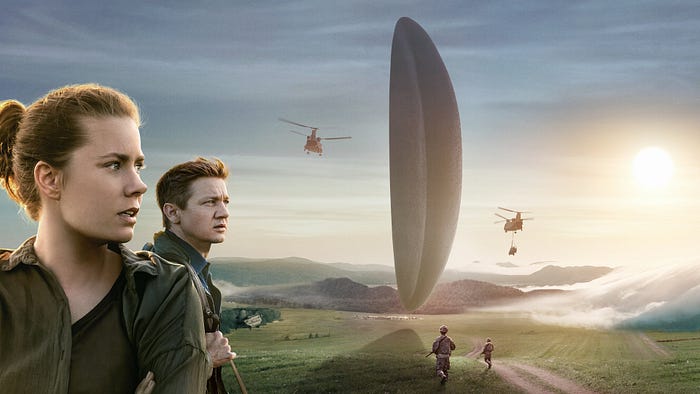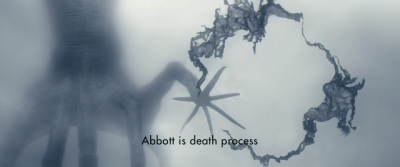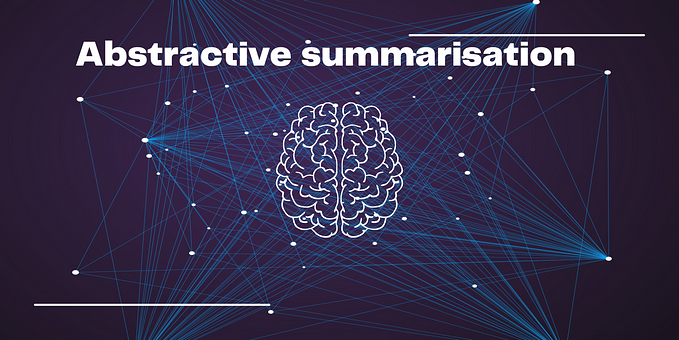Arrival: A non-linear perspective on time
Over the years, numerous movies have been made on the subject of time. Some are good, some are bad and some will leave your head-scratching for days. Arrival, in my opinion, falls under the last category of movies. With outstanding films like Enemies, Prisoners, and Blade Runner 2049, Denis Villeneuve, the director of Arrival, is one of today’s most remarkable directors. He deals with the ‘nonlinear’ and continuous nature of time in the movie and executes it beautifully in a truly original script with an unthinkable twist.

Spoiler warning: I highly recommend you watch the movie before reading this article.
Time
We as 3-Dimensional beings perceive time to be a straight line, moving forward but according to Einstein’s General Theory of Relativity, space and time are linked, and time can be fused with the three dimensions of space into a single four-dimensional manifold. Let us assume we have a Fourth Dimensional being who is called Carl. So for Carl, all of ‘time’ from the beginning to the end exists all at once. For him going to the past or the future is just like taking a stroll down the park, for us.
We need to thank Interstellar, another excellent movie about time, for making General Theory of Relativity ‘cool’ to the audience.
Heptapods
Coming back to Arrival, the film introduces aliens called ‘Heptapods’ who land in 12 different places all over the world. Louis (Amy Adams)our linguist, quickly realize the Heptapods use a Semasiographic form of language, which means their spoken language has no relationship with the written one, contrary to human languages. The film implies that the human form of writing is a wasted opportunity, as we write the same thing we speak.

The Heptapod language is nonlinear, their language has no past, present, or future tense. They can see all of time at once as their brains are wired to this circular form of communication. Our friendly aliens Abbott and Costello are not very different from Carl, and we later see when Louis learns their language she too can look into the future. Essentially, she is rewiring her brain to the Heptapod language, which is discussed briefly in the film as
“Sapir-Whorf Hypothesis: The language you speak defines the way you think”, thus now she too has a nonlinear perspective of time. Later in the film, Louise uses this skill to basically unite the whole planet and gather all information required to truly understand the Heptapods’ purpose, which again is shown in a very elegant way.
Our Protagonist
At the beginning of the movie, Louis, our protagonist is shown to be a heartbroken mother who has lost her child to some disease and still hasn't recovered from the loss. Not once was it said that those were events from the past, but we the audience assumed that it was because of our linear thinking pattern. Denis Villeneuve uses this expectation of audiences brilliantly to show flash-forwards in the form of flashbacks, in a way the audience fabricates the movies for themselves.

Because of her knowledge of the Heptapod language, Louis knows that she will lose her daughter, Hannah if she marries Ian (Jeremy Renner) and gets pregnant, but she opts to do it anyway. This causes her divorce with Ian thinks she made the wrong decision and he cannot bear to lose his daughter.
Louis decides to embrace the future and gives Hannah a chance to live and laugh, even if it is for a brief period of time. The reason why she chooses to do so is open to interpretation, as it is not explained in the movie. I think she believed everyone has their own purpose in life when she saw Abbott dying. He knew he’d be dead if he comes for this mission but did so anyway as he had to fulfill his purpose.

The journey Louise goes through with the Heptapods and her daughter is bittersweet, to say the least. The soundscore amplifies the experience of the movie by evoking the right emotions at the right times. Arrival is the perfect blend of Sci-fi and emotions, it is not your typical alien film, and it explores a side of language that many of us were unbeknownst to.








